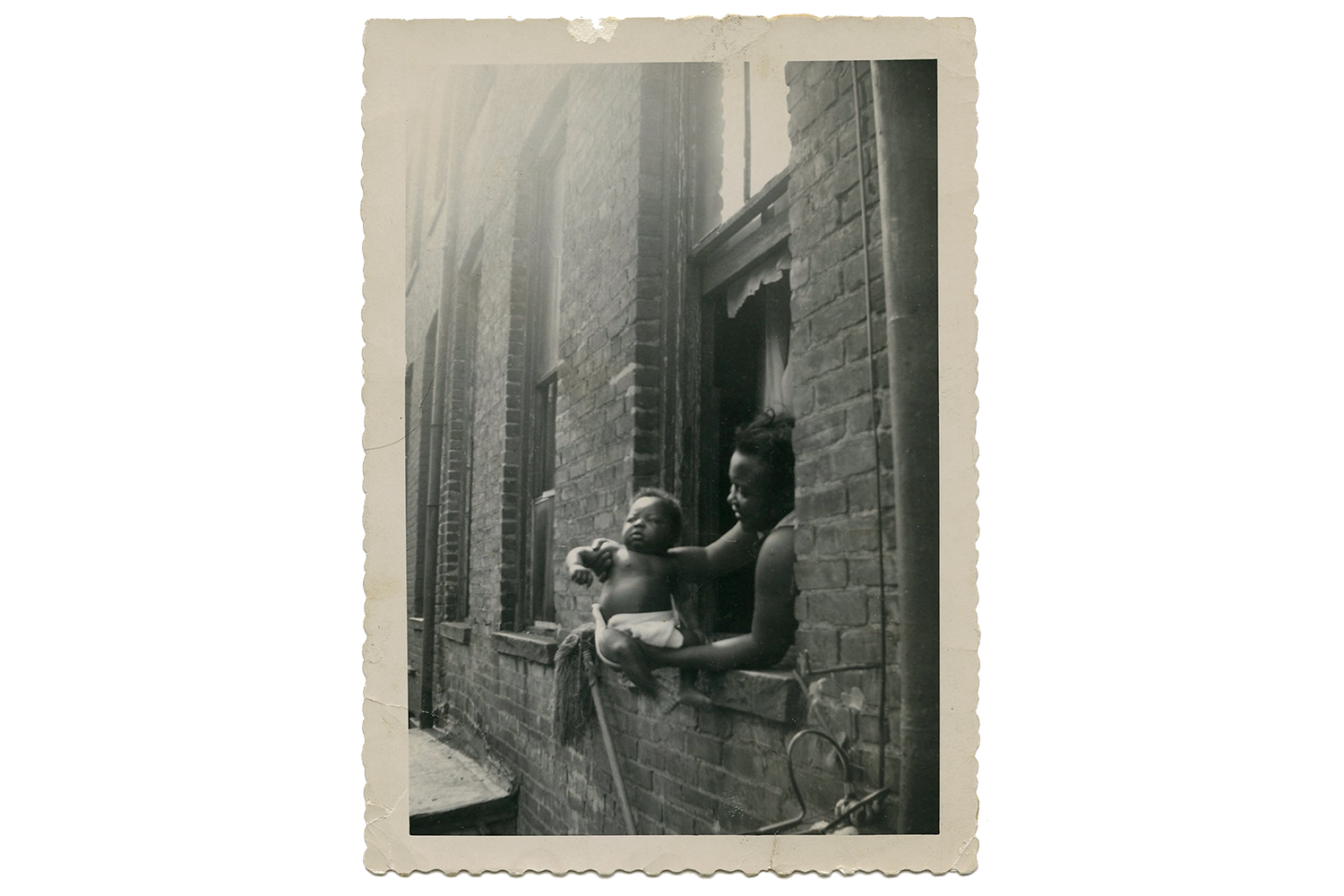
Between 1910 and 1970, over six million African-Americans migrated from the southern states of the U.S. to cities in the north and west of the country. In efforts to establish new opportunities, tough, migrants often found themselves separated from large family units. And as Edward P. Jones notes in his piece ‘A Sunday Portrait’ (featured in Deborah Willis Picturing Us), they often maintained ties between new and old homes through photographs. With lenses in tow, migrants found they could document their experiences and share them – either by mail or in person – with those they missed. Below, artist Zalika Azim writes of the surprise she felt upon discovering that her own grandmother – a migrant to the north – was a life-long image-maker and writes about the installation she built around the images she found.
Audio: Conversation with Jamil Abdul-Azim (Zalika Azim’s father)
I knew my grandmother, Mary E. Lemons, as a woman of few words. When I was younger, though, this might have been an age thing. Back then, I was a teenager too caught up in what was happening in my own life. “Did I ever think to ask about her life?” I often wonder. My grandmother passed away in 2009 at the age of 74, I was merely 19. Our lives were separate and yet so close. I felt I knew her, but essentially had no real idea who she was.
After her passing, I was set the task of cleaning out the apartment that she had occupied for nearly 40 years. It was an emotional yet insightful experience: analyzing the walls, couches, tables, window-sills and dresser drawers allowed me to appreciate and understand how my grandmother’s use of her home became over time a testament to her life.
In one room, I found a steamer chest containing birth, death and marriage certificates and – to my surprise – and array of cameras and a suitcase of photographs. Beautiful, powerful photographs I later learned were mostly taken by my grandmother. The pictures, many of which I had never seen, told individual and collective stories; presenting my grandmother as a photographer, artist, curator and archivist.
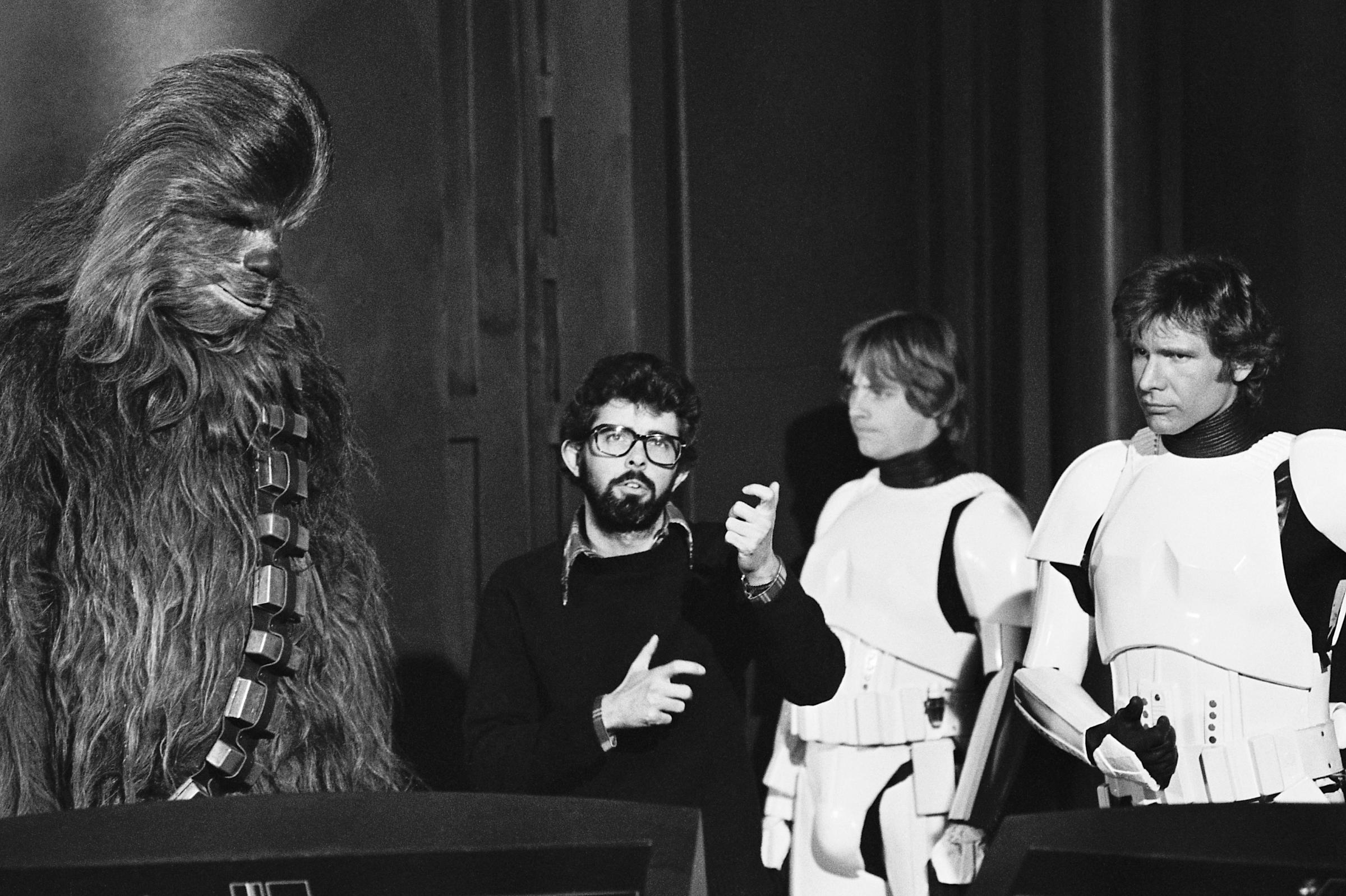
Speaking with my father, I learnt of my grandmother’s long-standing relationship with photography and how she had spent many years making and collecting images. Her ever-humble attitude alongside the acceptable ideas of gender and race in place at that time disabled her from labeling herself a photographer.
My grandmother moved with her family to Brooklyn, New York from Aiken, South Carolina when she was roughly 16 years old. While establishing herself in the north, my grandmother regularly visited neighborhood photo studios – especially on occasions such as Passover, Easter and birthdays – in efforts to keep relatives and friends abreast of her wellbeing. Exchanging photos became a means to share the dream of progression, while also allowing individuals to redefine themselves as they saw fit.
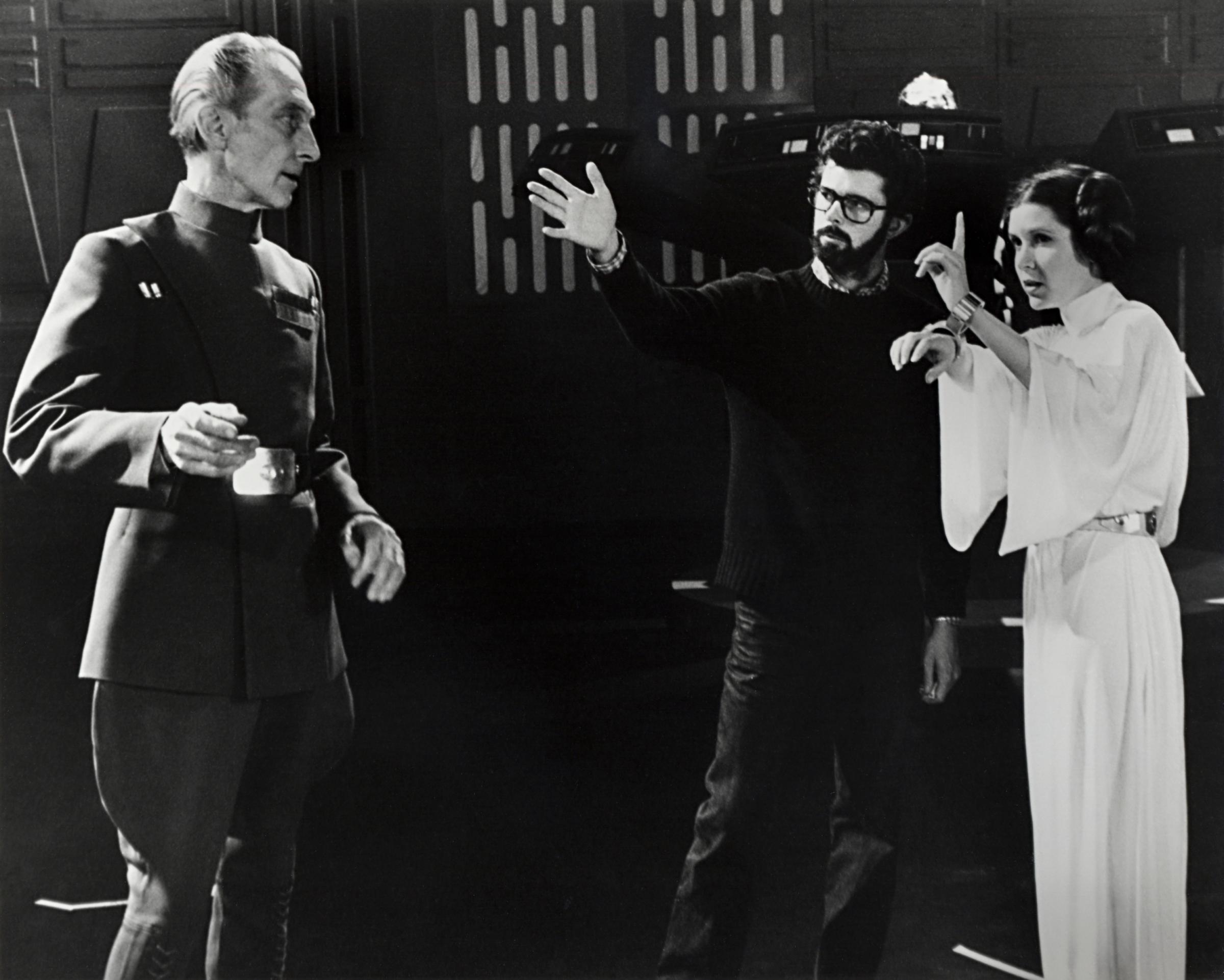
And so in setting forth to rediscover my grandmother, Memories Unspoken was born — a project that tries to rediscover her past, and understand the stories that she and those she was connected with wished to tell. It was an undertaking both physically taxing and emotionally challenging: I scanned and reprinted the many images she made, I talked with people both in, and connected to her photographs, further hoping to capture the complexities of memory loss and recovery.
Gradually, I felt I was able to get a better picture of my grandmother’s life. She was amazing. She was a gifted story-teller, and one who was not alone.
The stories I re-discovered form part of a larger story, not only of my grandmother’s life but of the countless families who moved north, and others, who have captured, retained and developed new legacies through photography.
Zalika Azim is an artist based in New York.
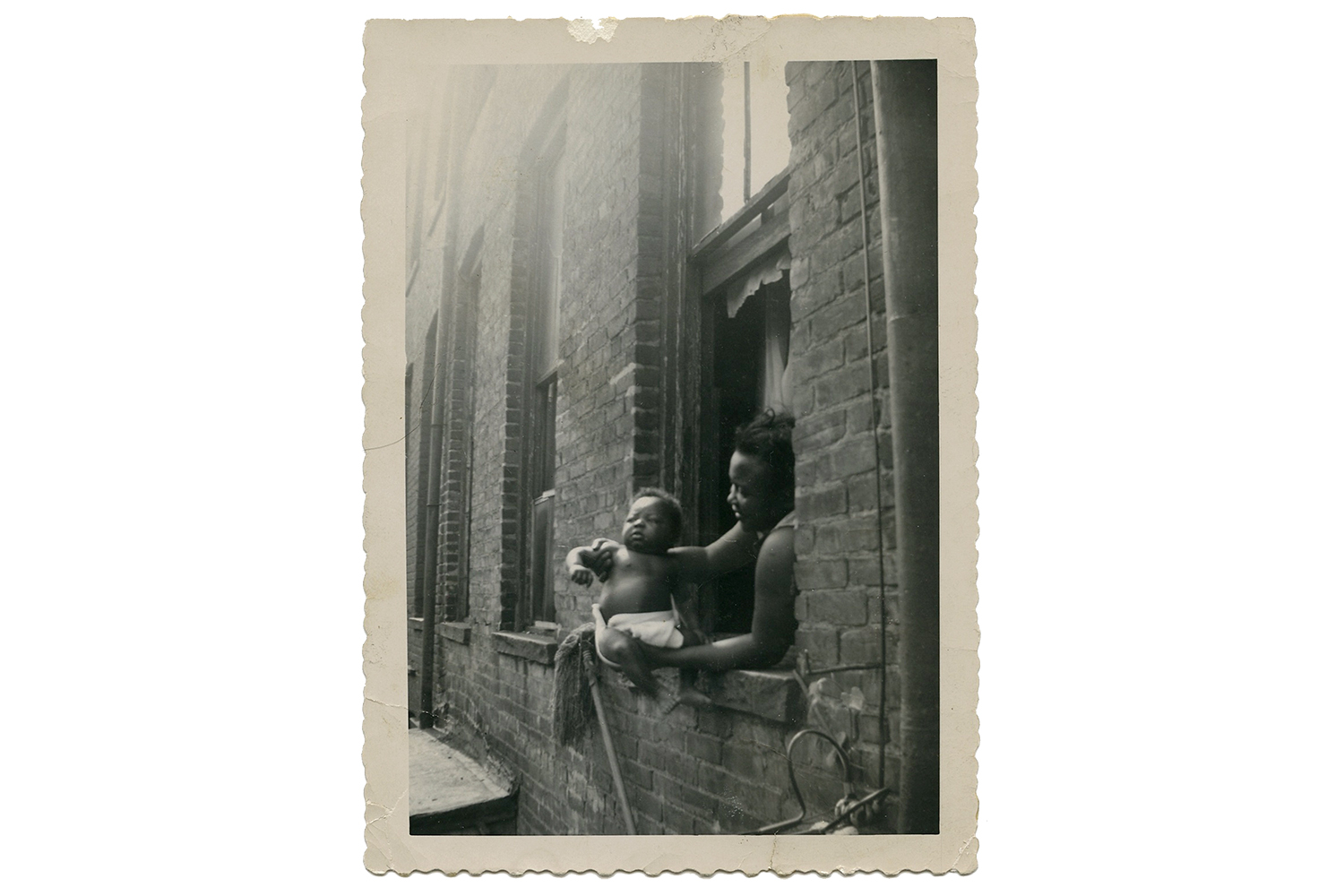
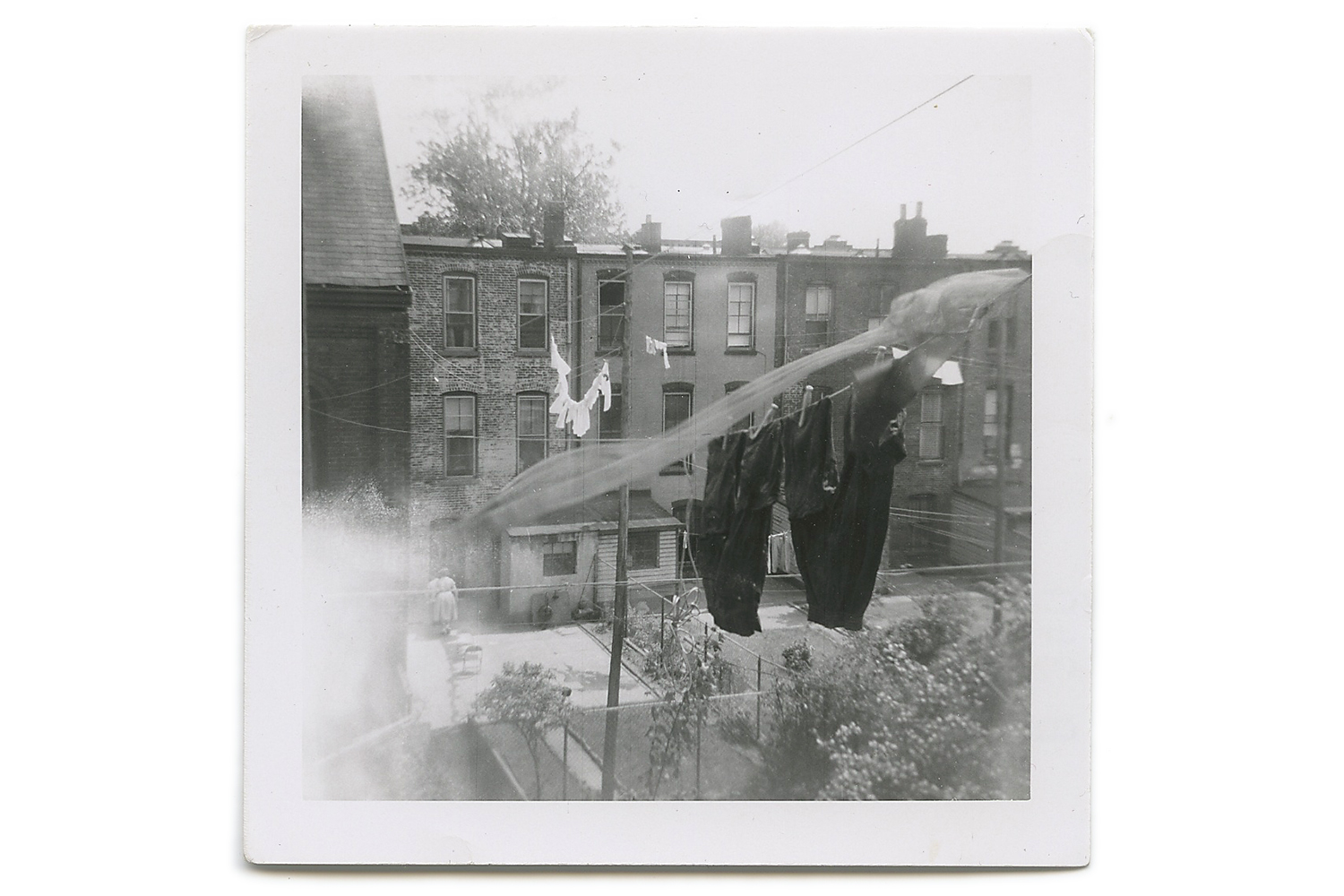
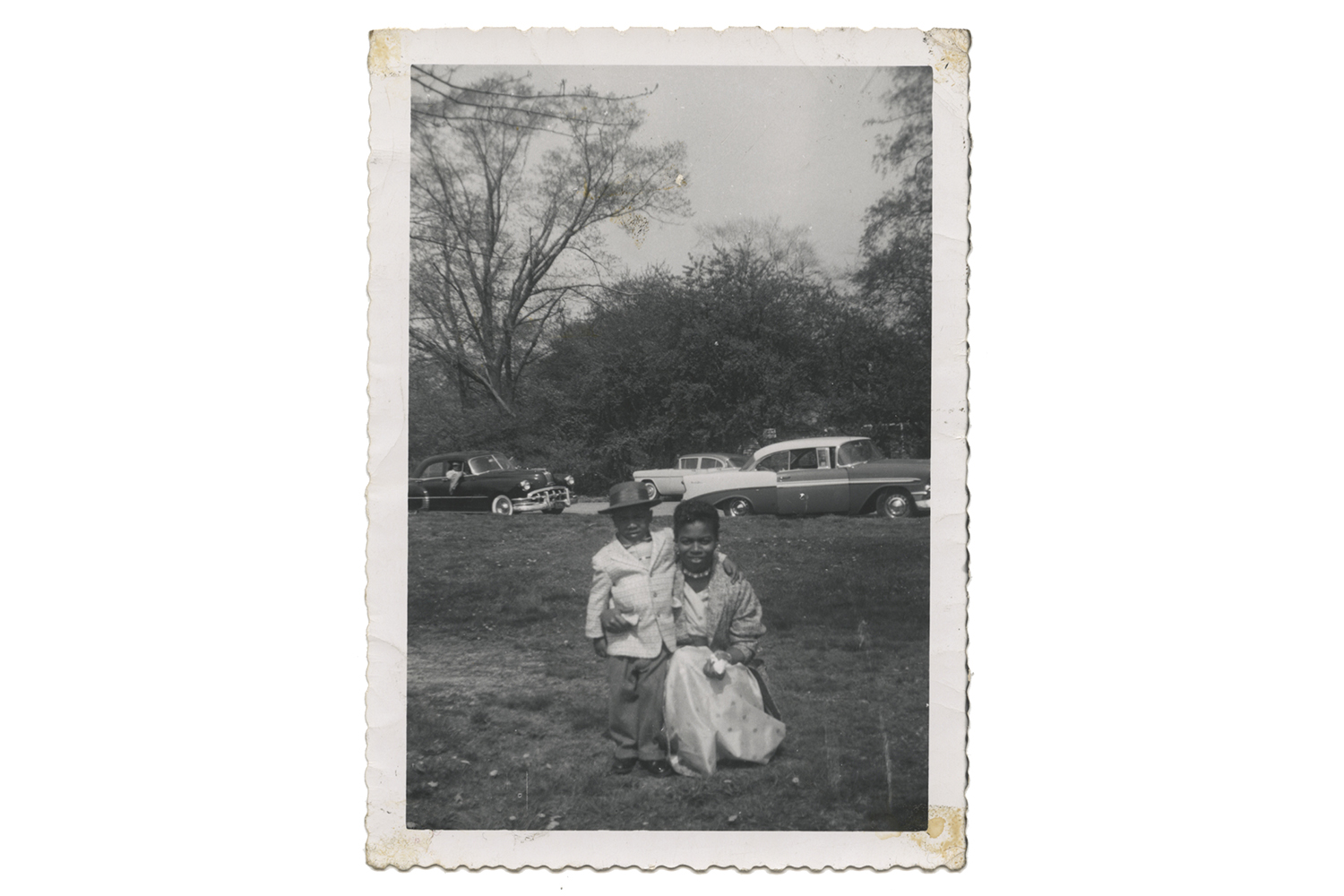
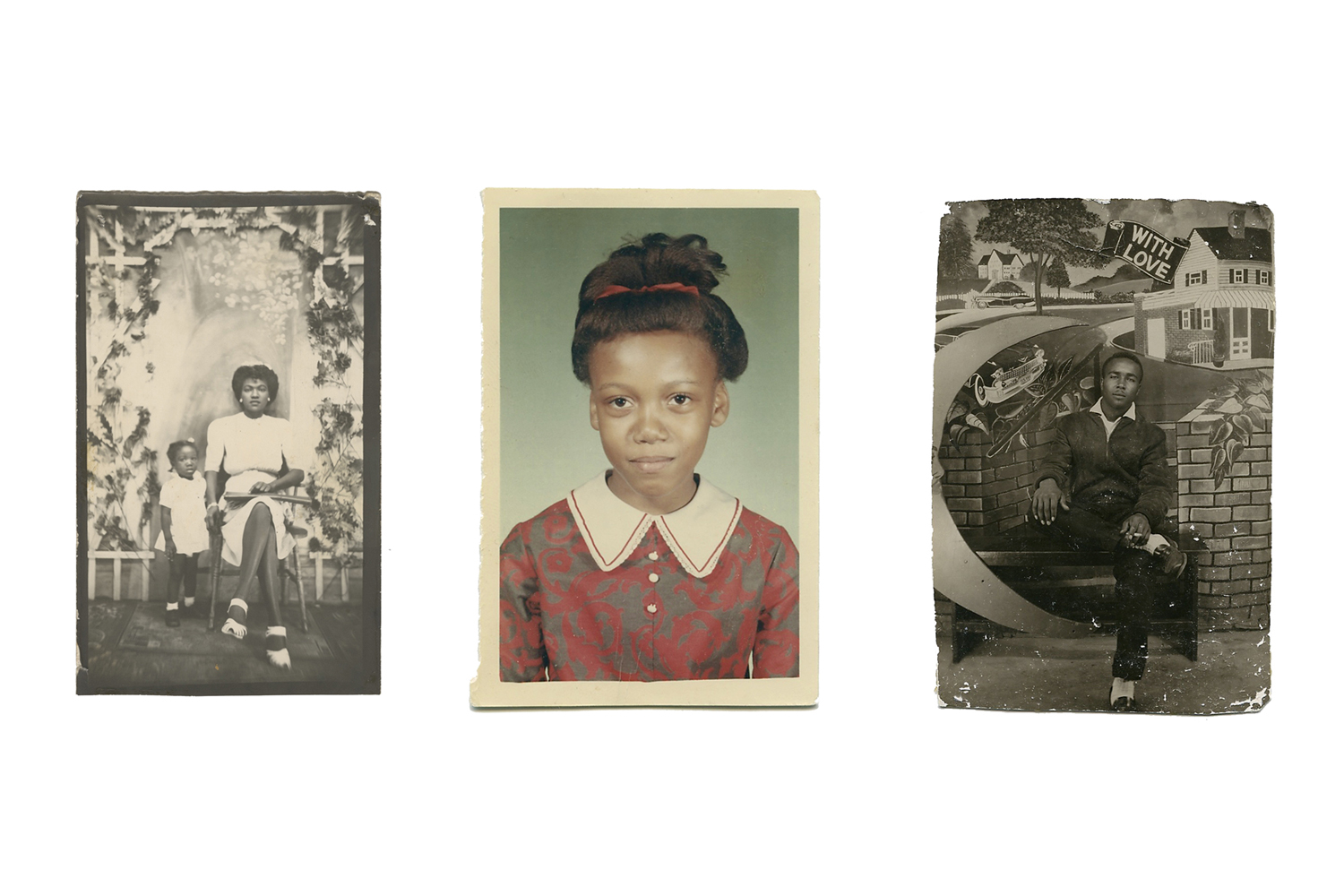
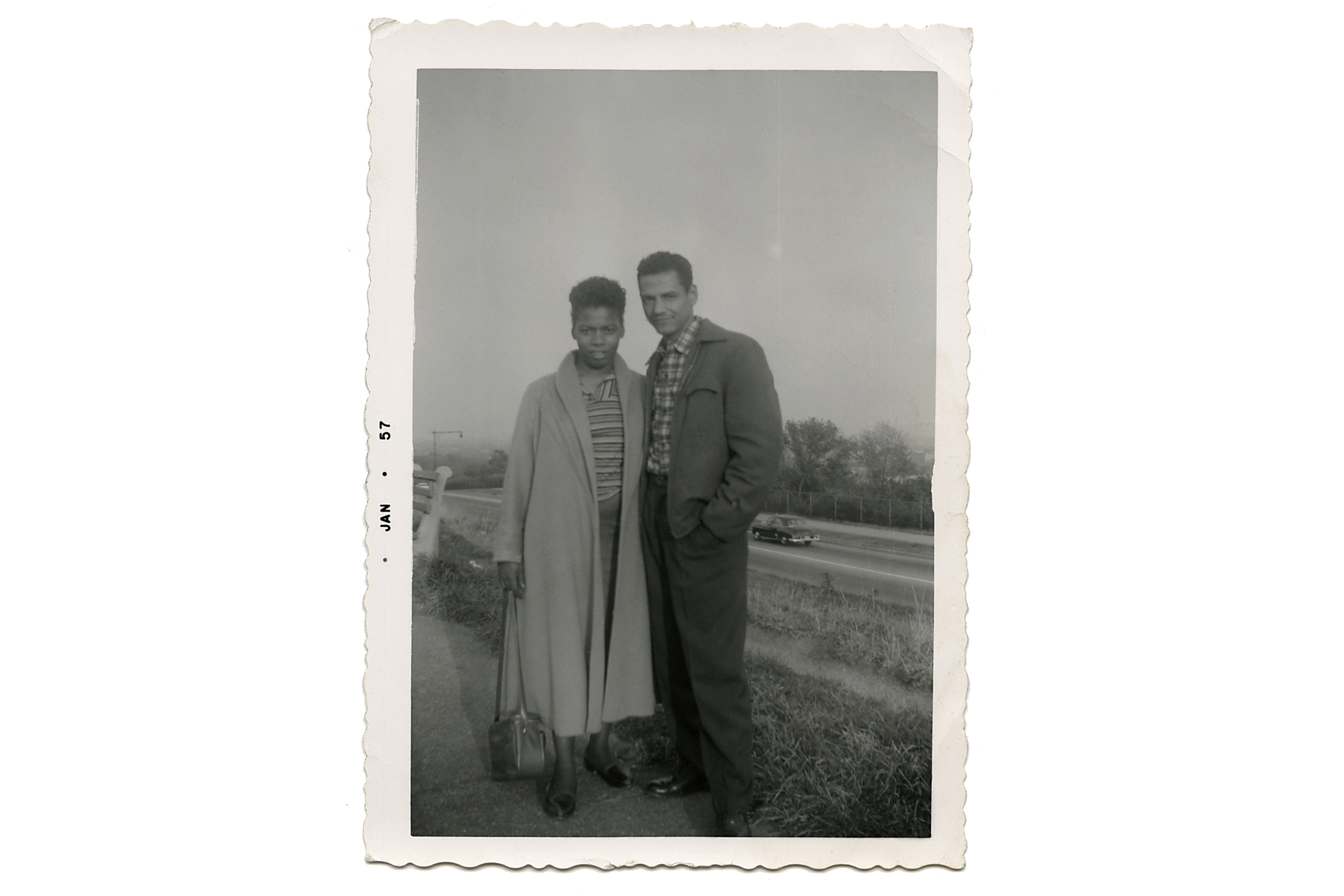
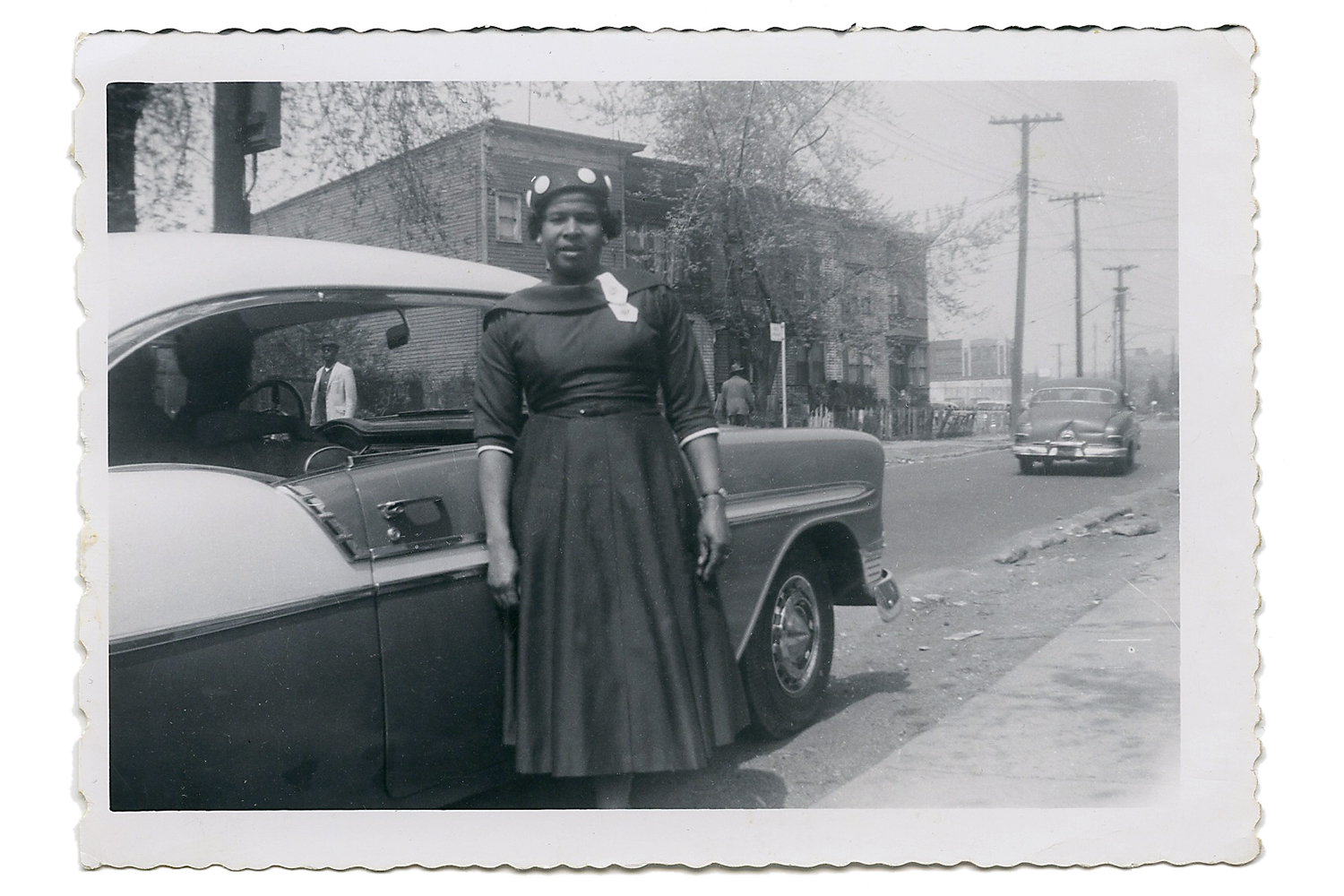
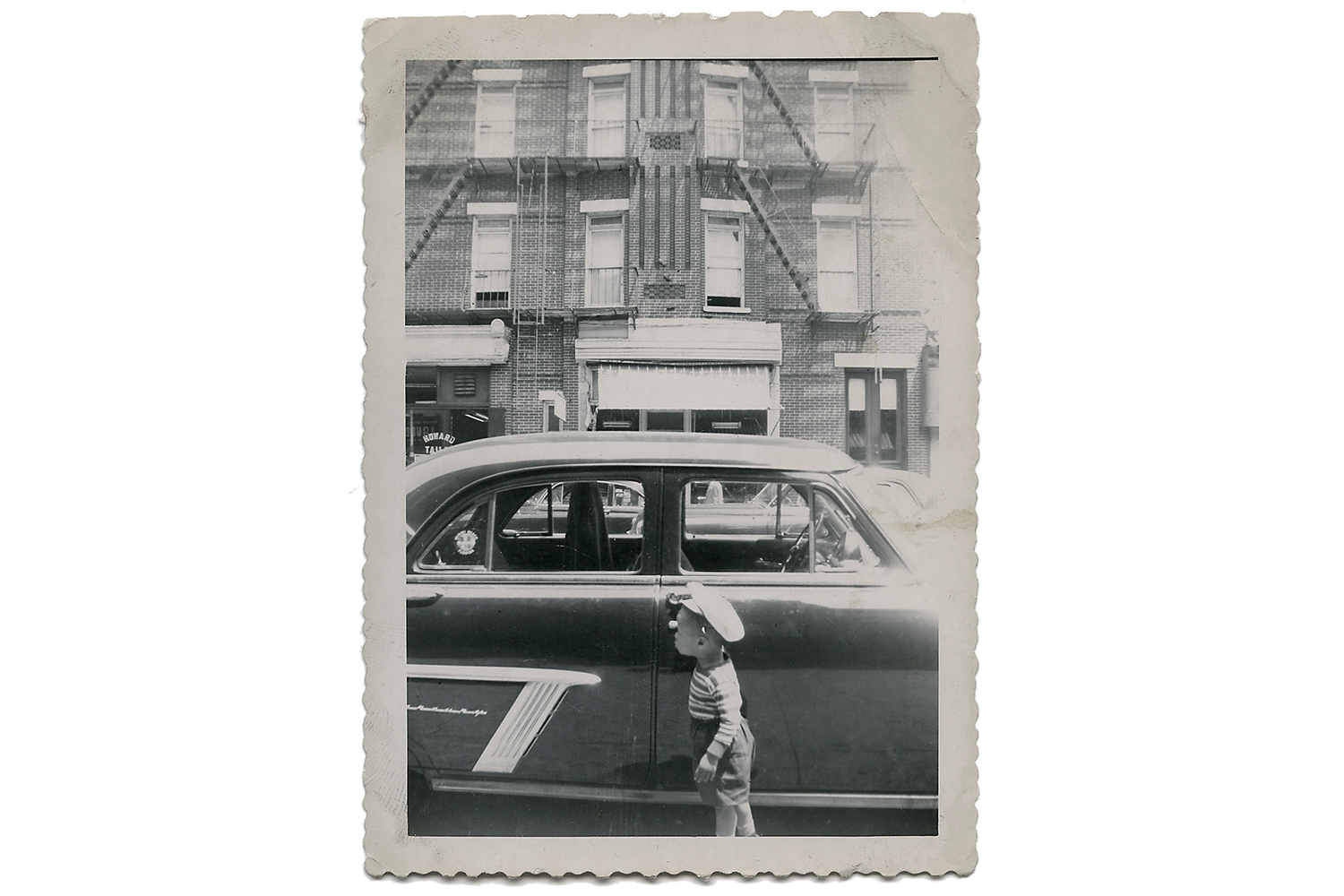
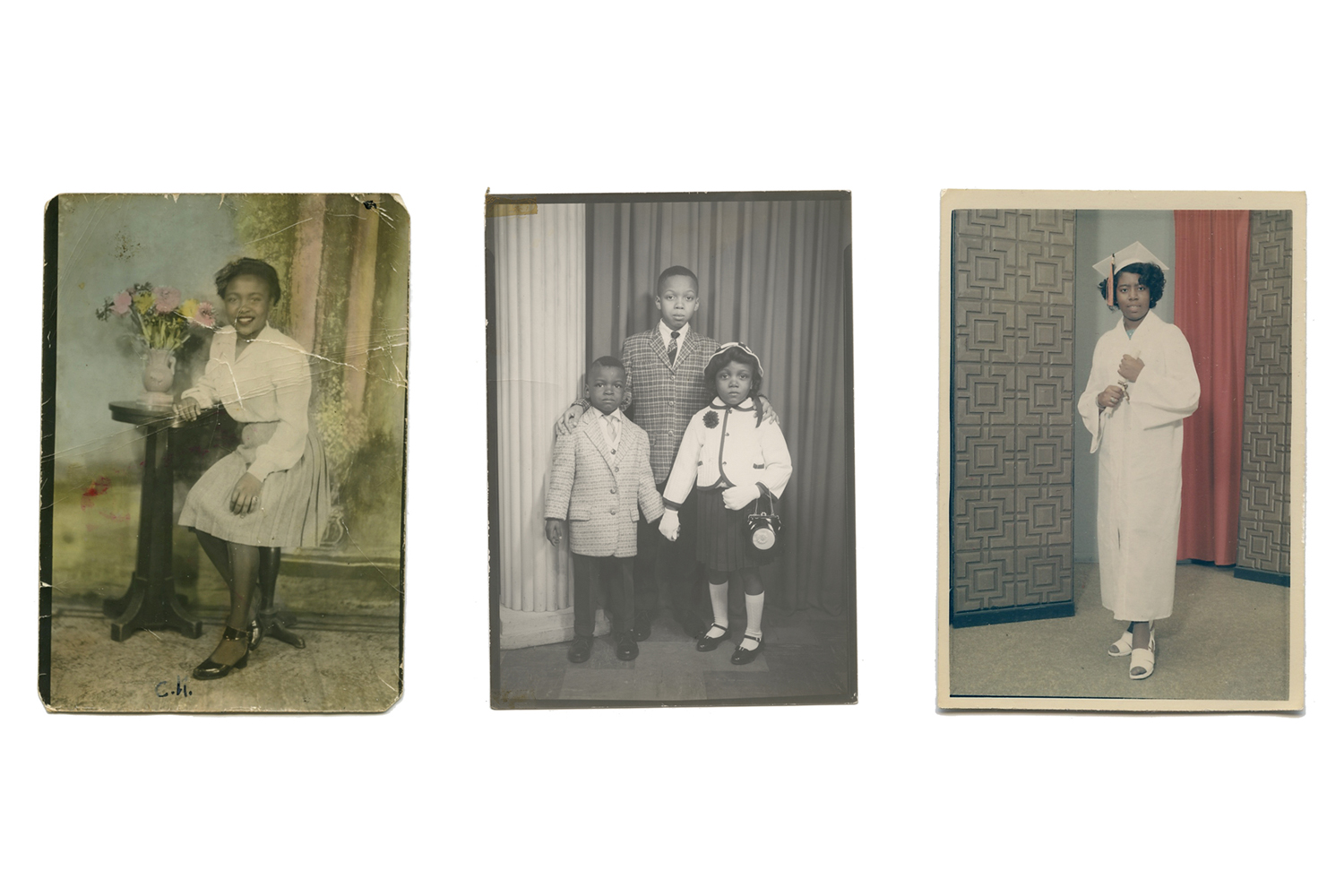
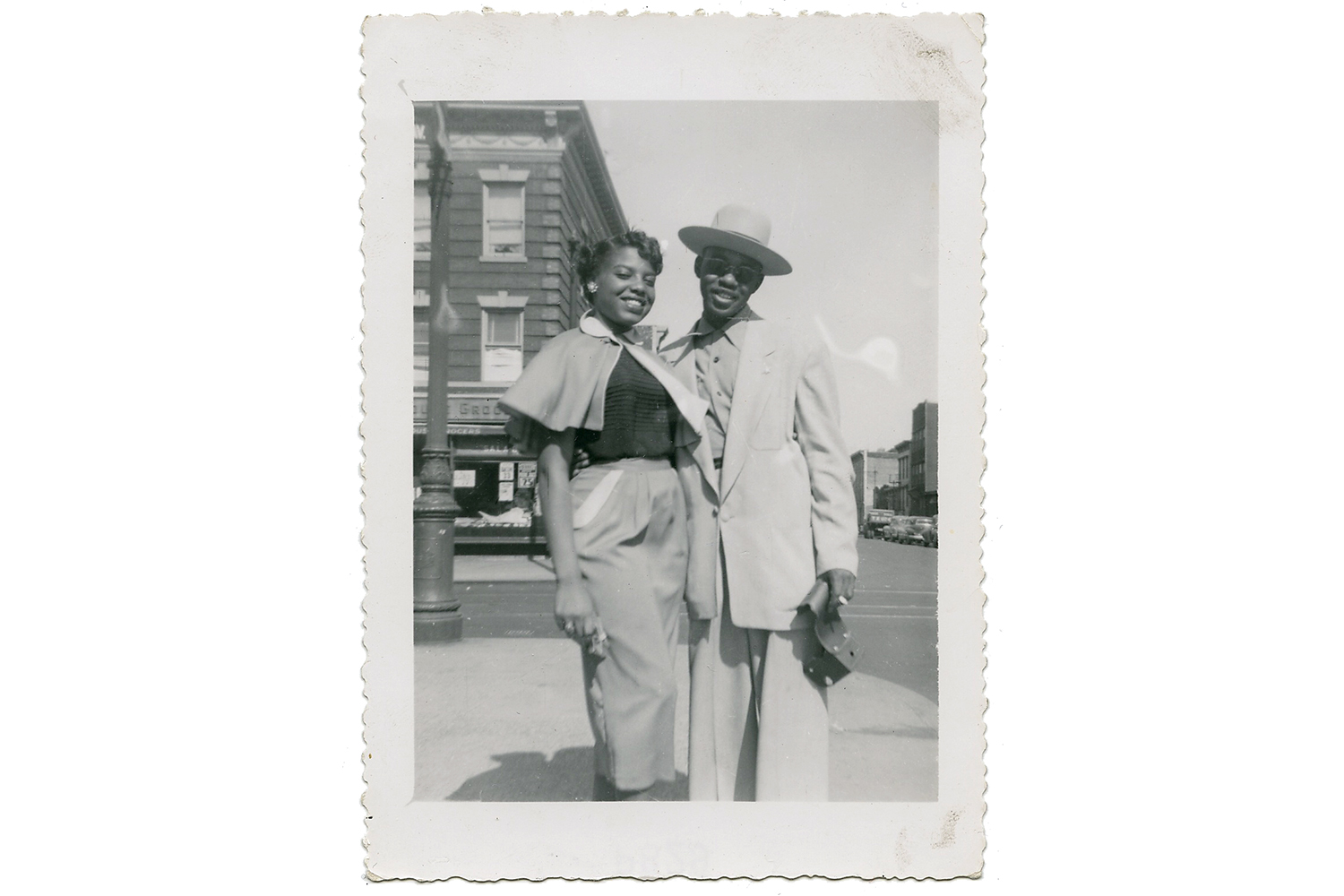
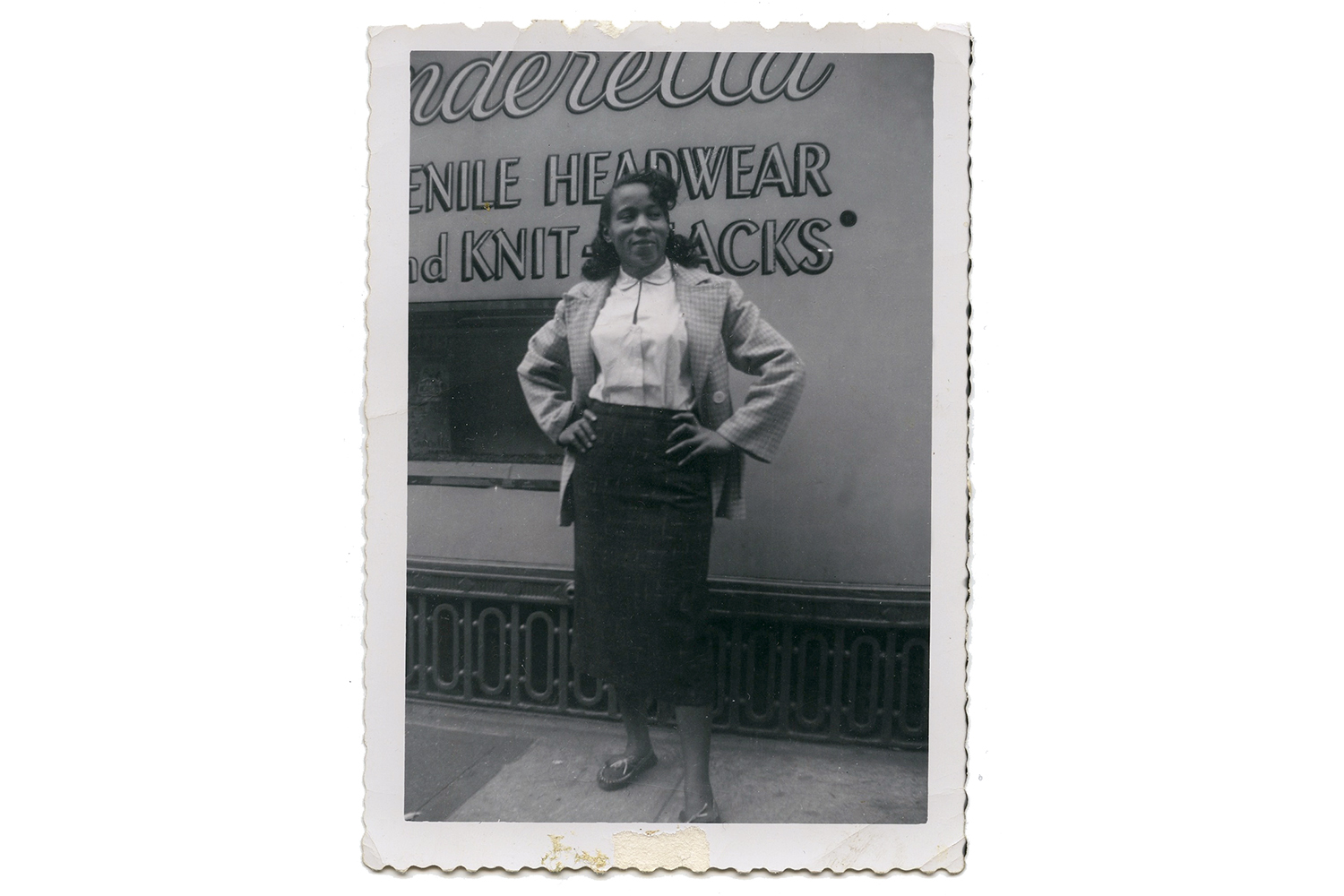
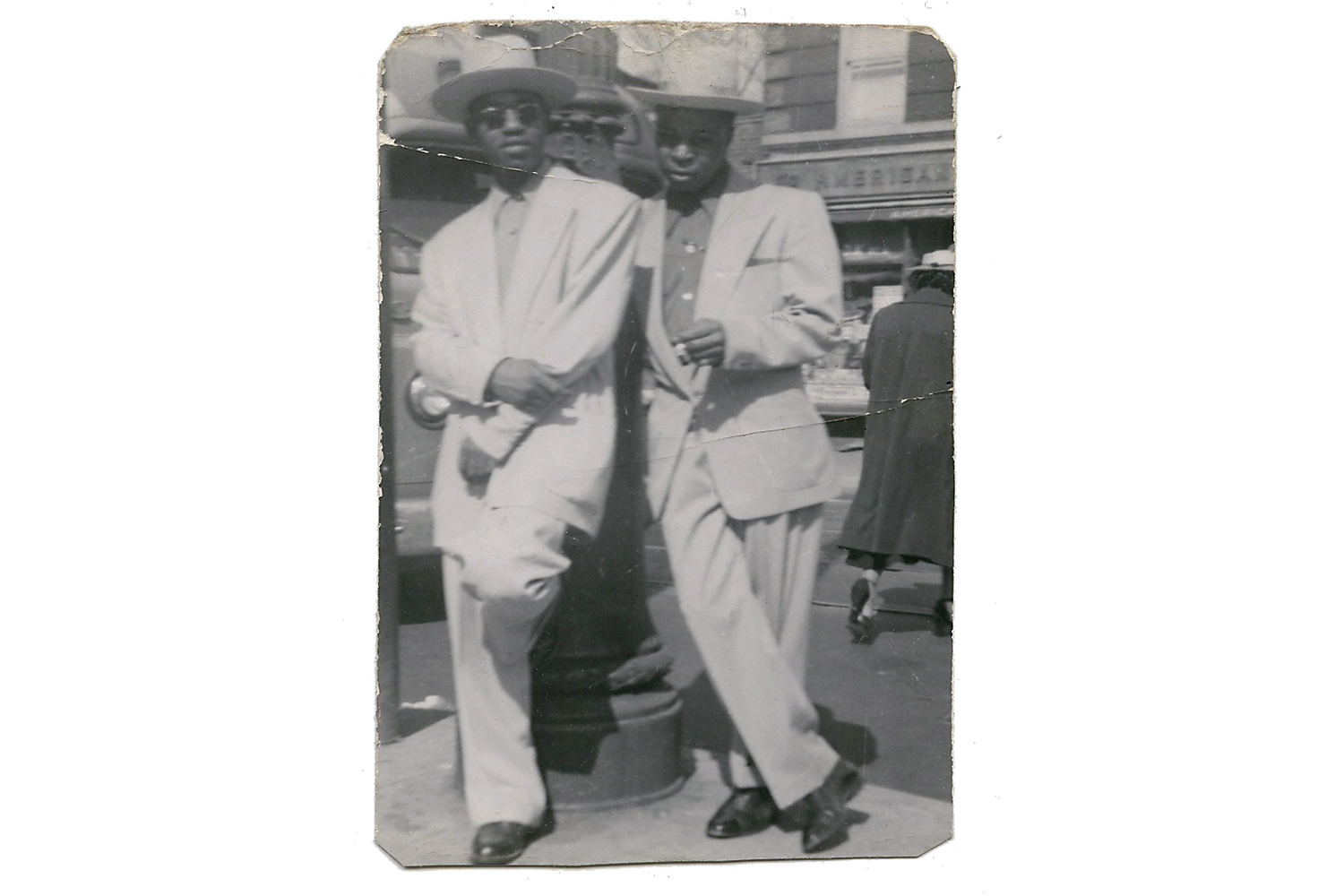
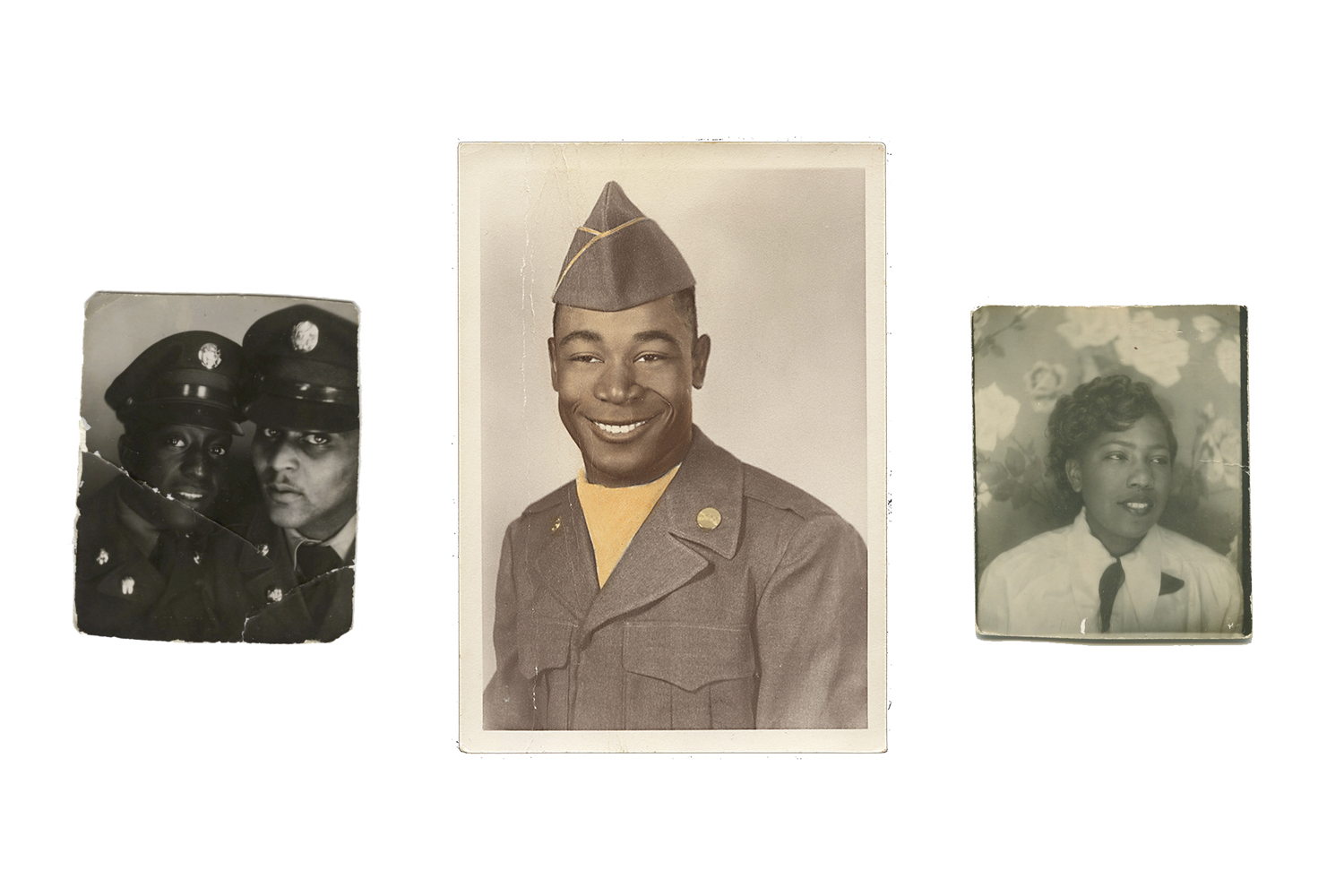
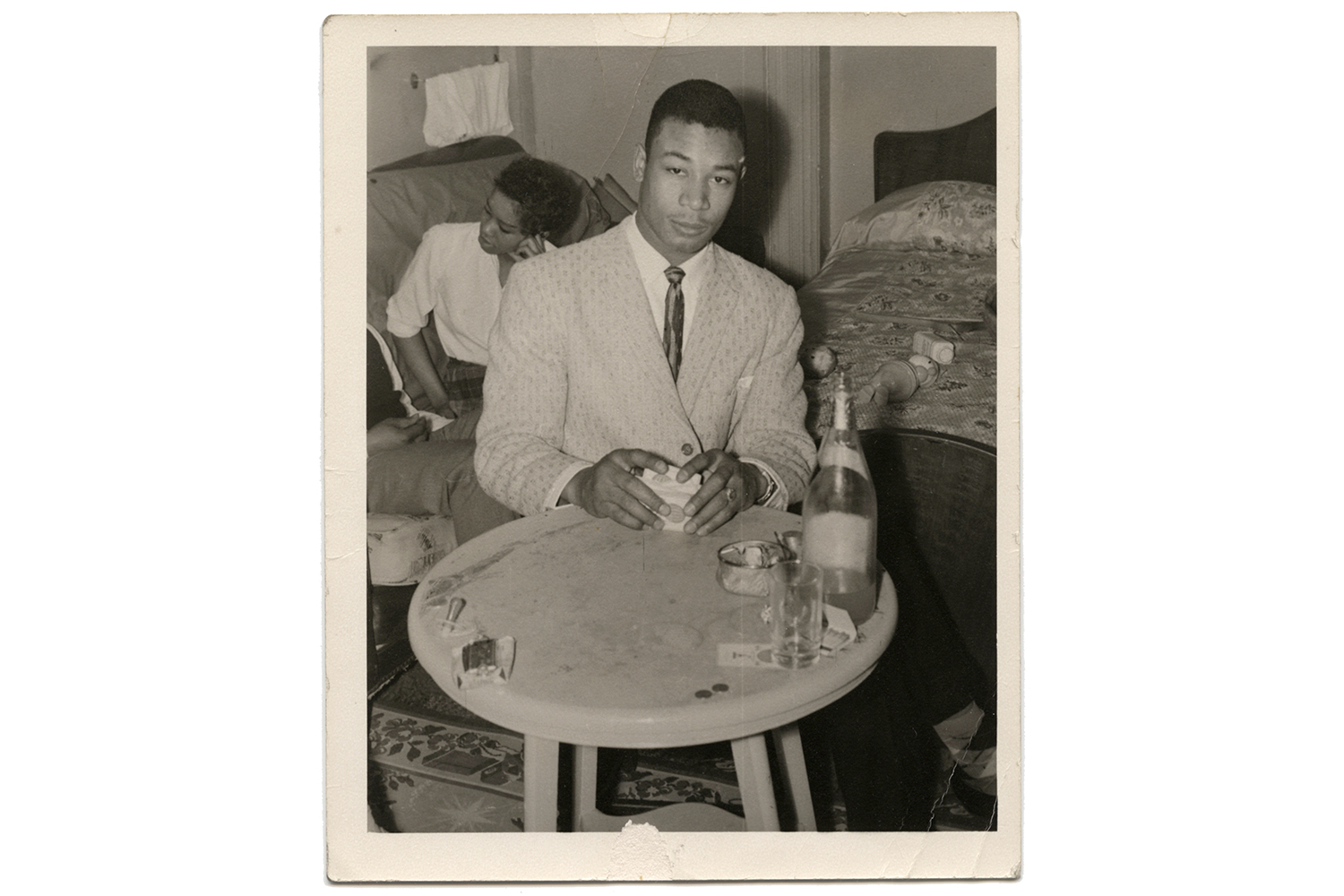
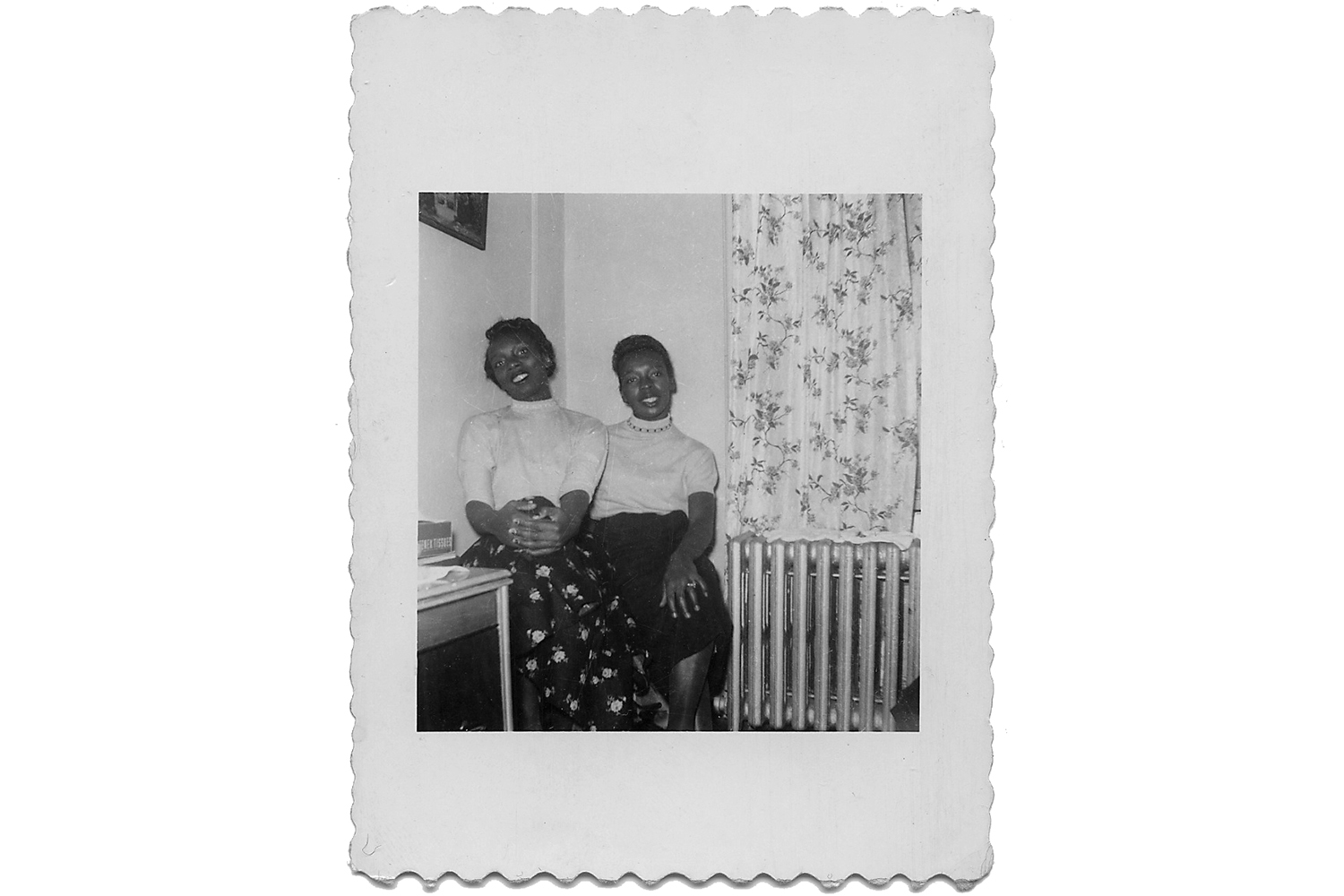
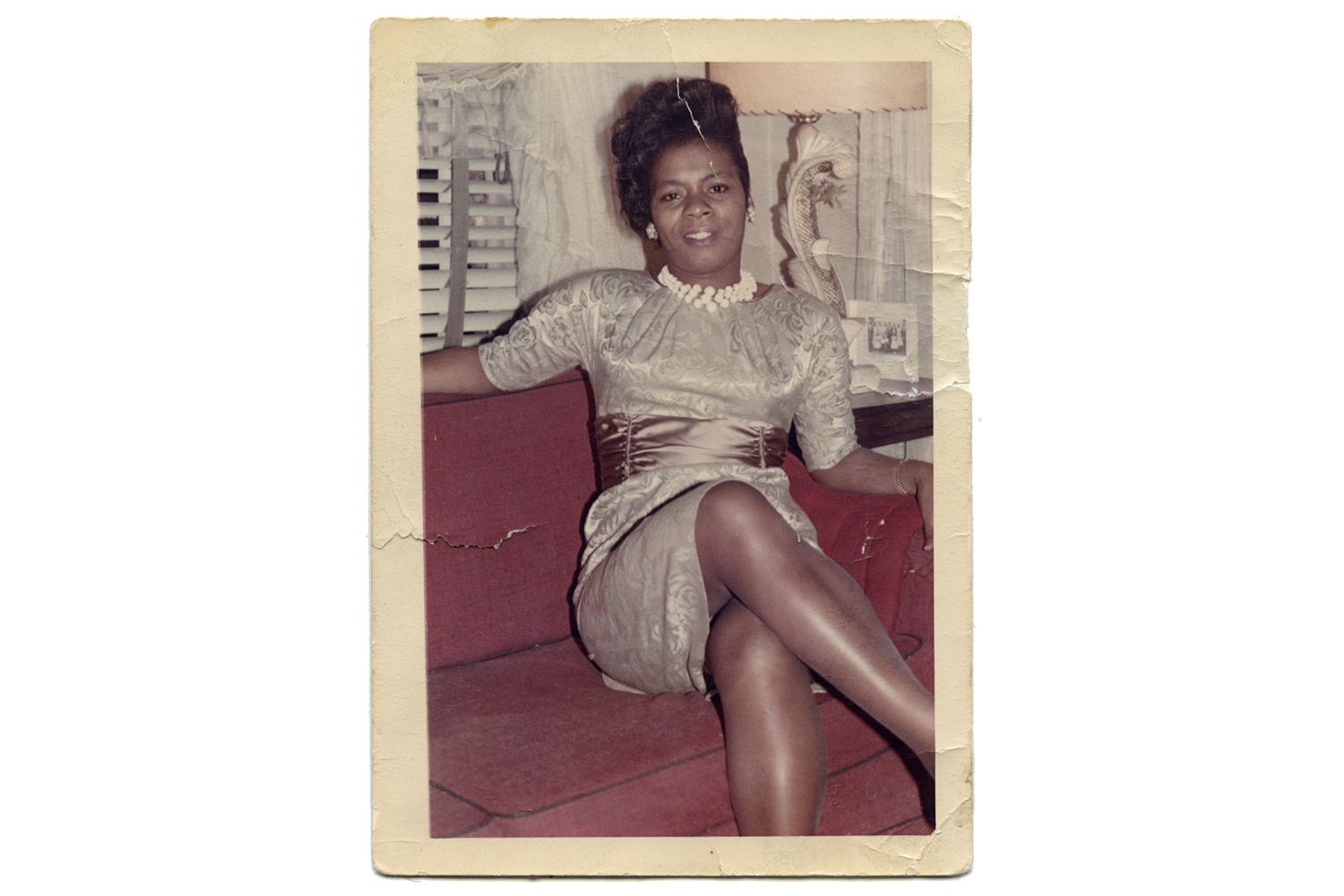
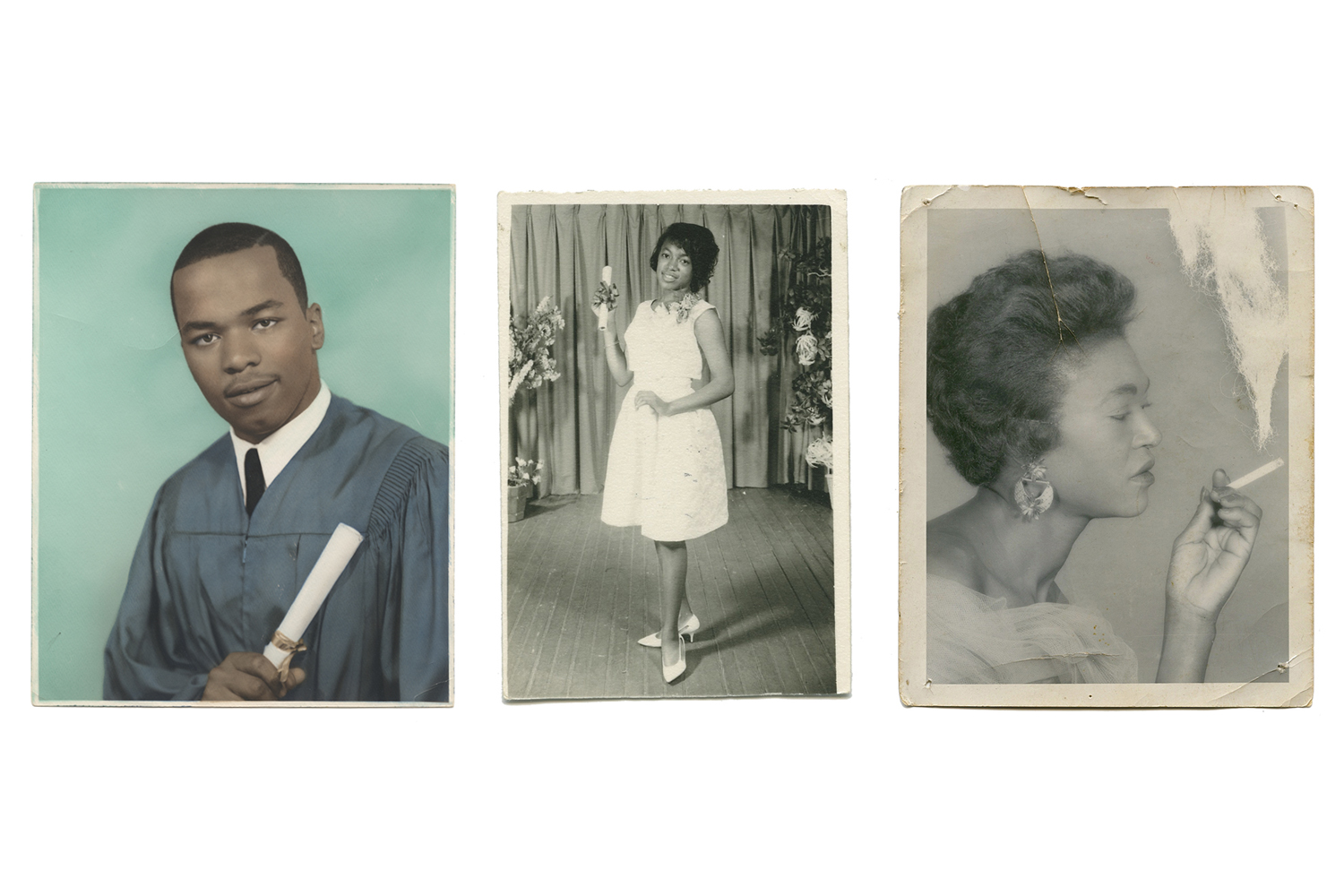
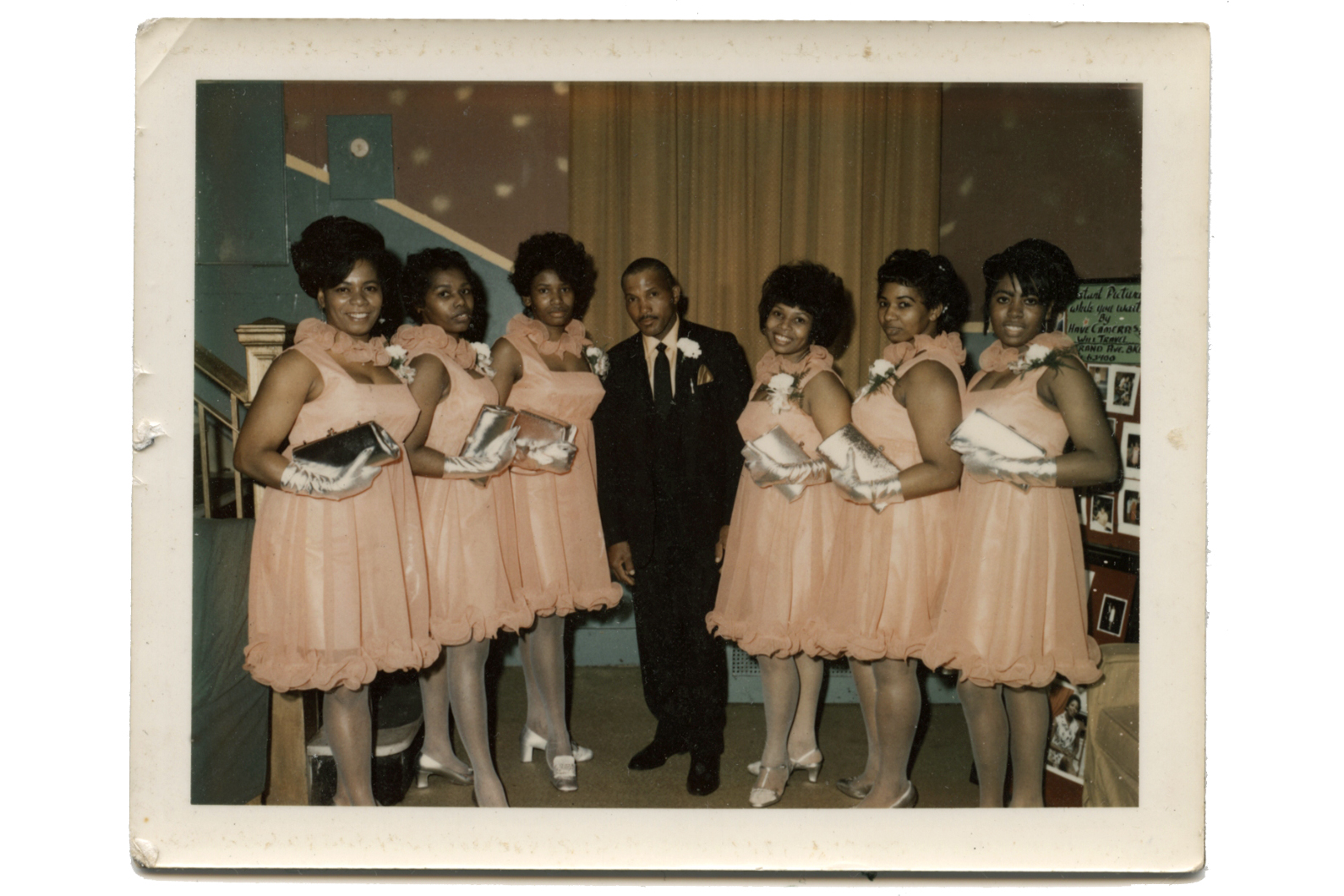
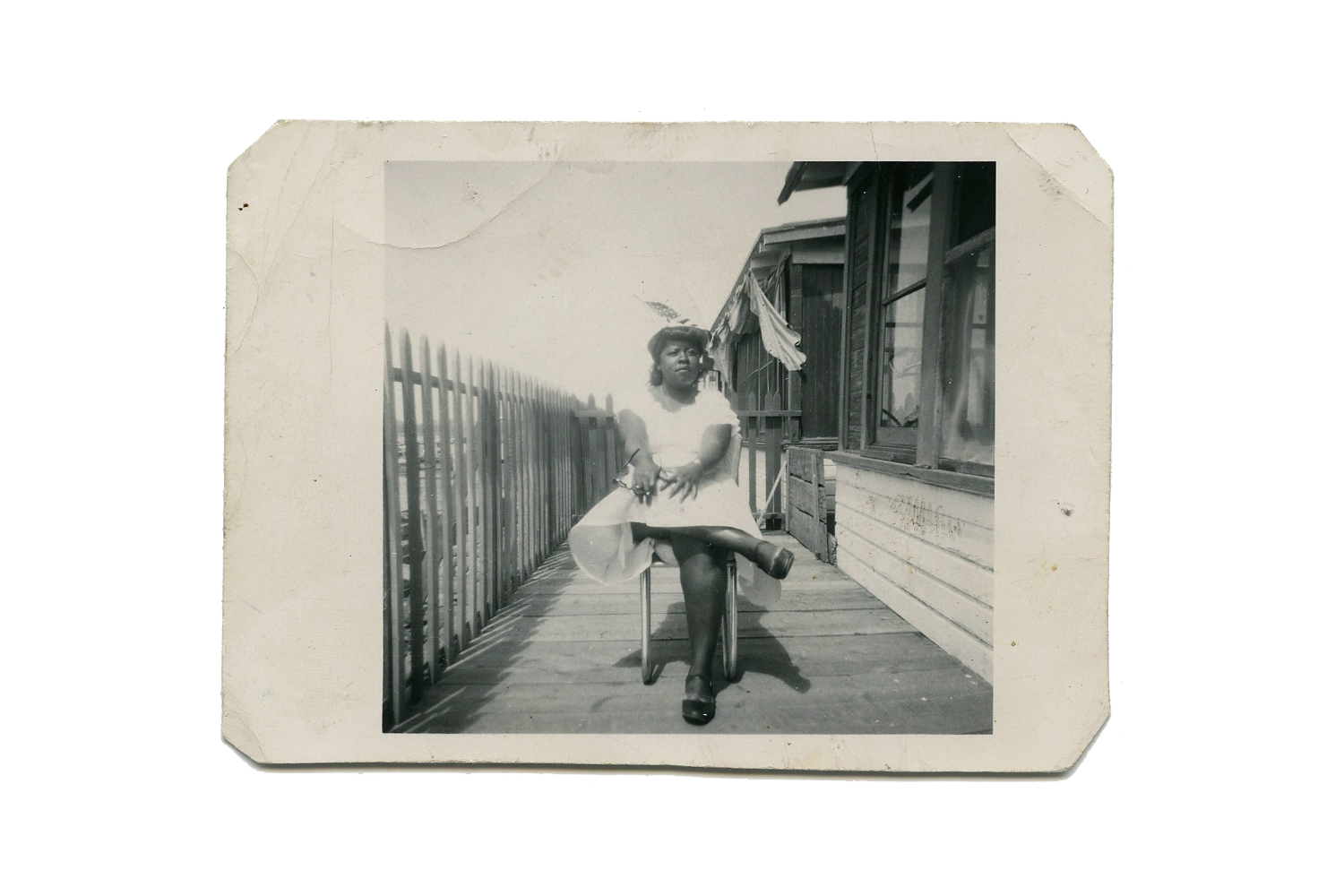
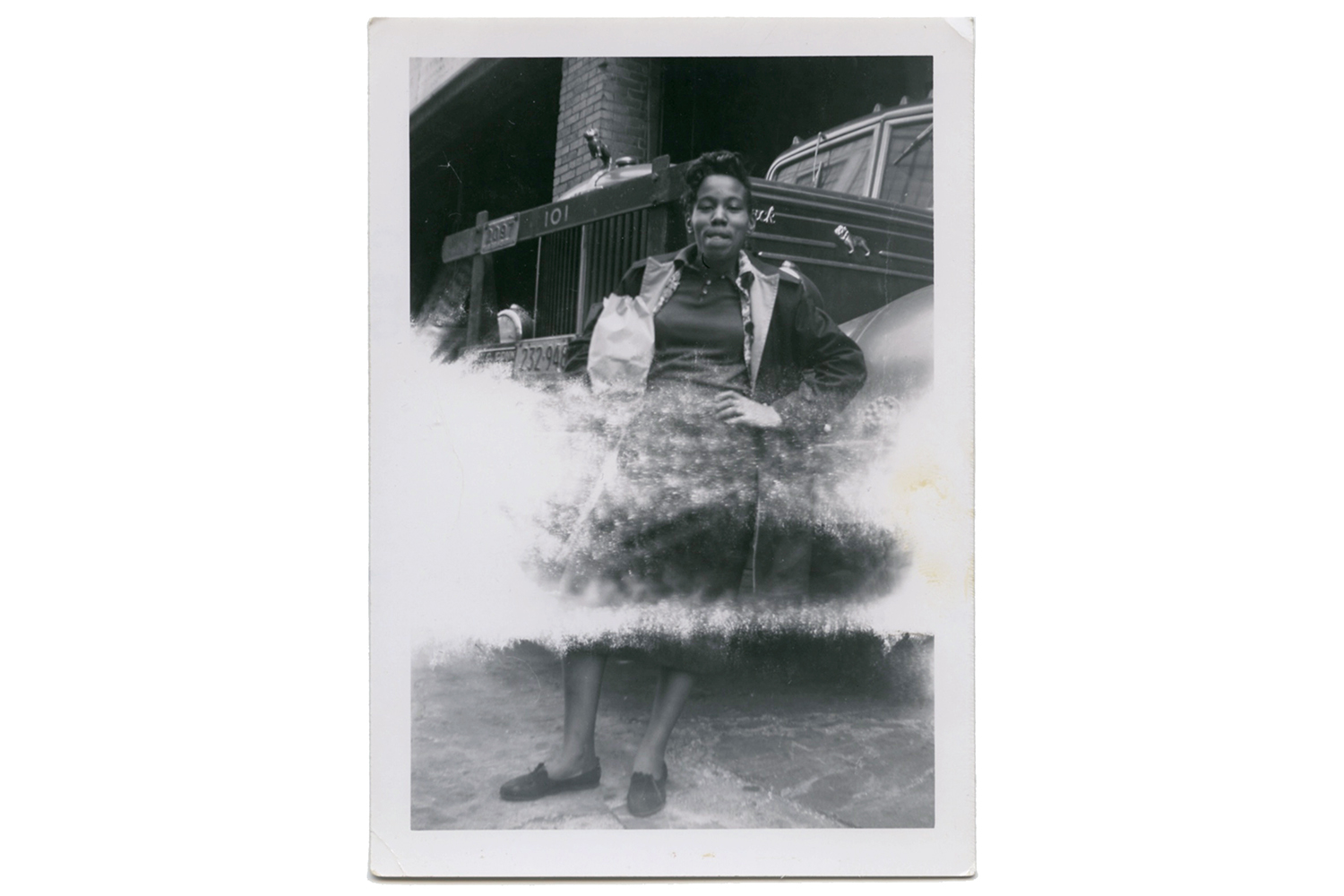

More Must-Reads from TIME
- Why Trump’s Message Worked on Latino Men
- What Trump’s Win Could Mean for Housing
- The 100 Must-Read Books of 2024
- Sleep Doctors Share the 1 Tip That’s Changed Their Lives
- Column: Let’s Bring Back Romance
- What It’s Like to Have Long COVID As a Kid
- FX’s Say Nothing Is the Must-Watch Political Thriller of 2024
- Merle Bombardieri Is Helping People Make the Baby Decision
Contact us at letters@time.com